The Balearic Islands is one of the autonomous communities that lead the income classifications for golf tourism, and a large part of this leadership does not correspond to spending on the golf courses themselves but to the ability to import foreign capital that this industry supposes, a total of 1,350 million euros, which corresponds to 10.5% of what this sport generates throughout the country.
Around 22,300 golf tourists own a second residence on the islands, which multiplies the benefits for the economy through the investment of foreign capital in the real estate sector that amounts to 5,000 million euros.
These are the main conclusions of the independent study on the economic impact of golf tourism, carried out by IE University in collaboration with the Spanish Association of Golf Courses (AECG) and the Royal Spanish Golf Federation (RFEG), which has been presented at the gala presentation of the final of the Challenge Tour “Road to Mallorca”.
But beyond its role as an economic catalyst, Balearic golf is also an important generator of employment in the whole of Spain. It generates around 13,000 jobs per year after adding those produced directly and indirectly by golf courses and those corresponding to golf tourism, which represent a total of 11,750 jobs, direct, indirect and induced. An industry that can be essential to help the economy recover after the Covid-19 pandemic.
“Golf has a long tradition in Spain and it is an asset that is vital to defend, not only for sporting reasons, but for the economic impact, for the employment it generates, for the health it brings to those who practice it and because it is an activity ideal in times when social distance is a priority. The last few months have been hard for the practice of golf in the Balearic Islands, however, the results of this study emphasize the importance of public administrations continuing to bet on a sport that creates an economic ecosystem that brings so many benefits to the economy and the Balearic society ”, said Gonzaga Escauriaza, president of the RFEG.
Leadership data
The study also offers other key data on the economic impact of golf for the Balearic economy:
- Golf tourists spend more than 500 million euros a year in the Balearic Islands, after excluding spending on the golf courses themselves.
- 7 of 8 euros of golf tourist spending benefits other service providers and tourism subsectors, showing its potential as a catalyst for economic activity.
- Golf increases the quality of employment since 95% of the contracts on golf courses are permanent and 94% full-time.
- Golf attracts international investment in second homes, reaching a total value of 5,000 million euros.
For his part, the president of the Balearic Golf Federation, Bernardino Jaume, underlined the importance of carrying out studies such as that of IE University. “Only from the rigor of the data will we be able to make correct decisions for the future. And also because only from these data will we be able to vindicate the importance of golf for our society from an economic point of view. It is essential that after our passion for this sport we have a professional, rigorous and effective management that also helps administrations and companies to bet on golf ”, he considered.
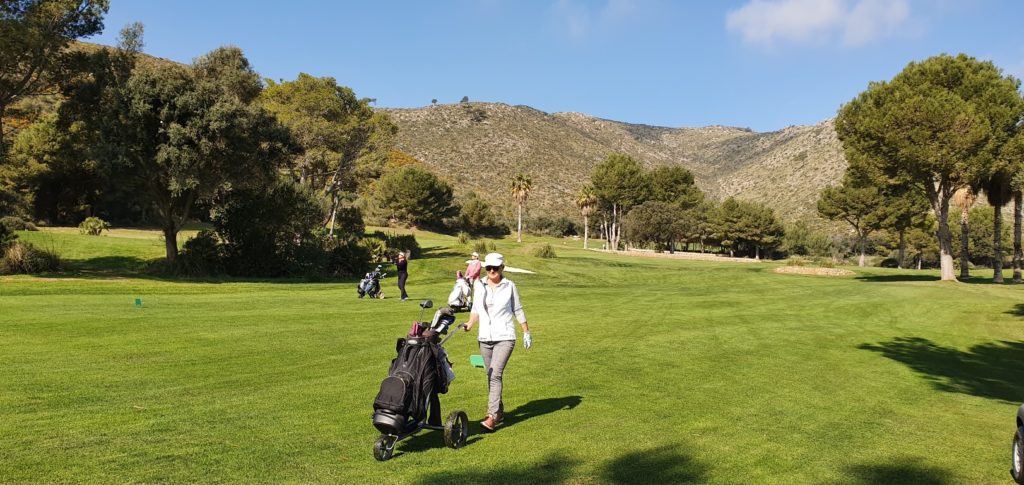
Golf tourists spend more than 500 million euros a year in the Balearic Islands. Photo: Balearic Golf Federation.

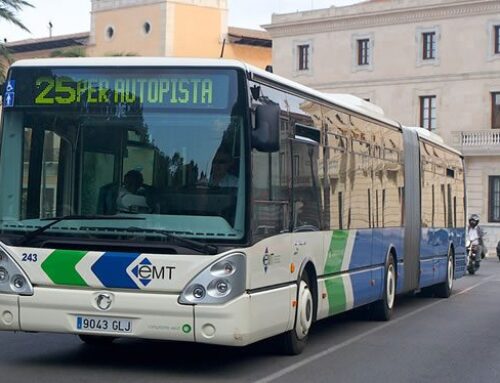

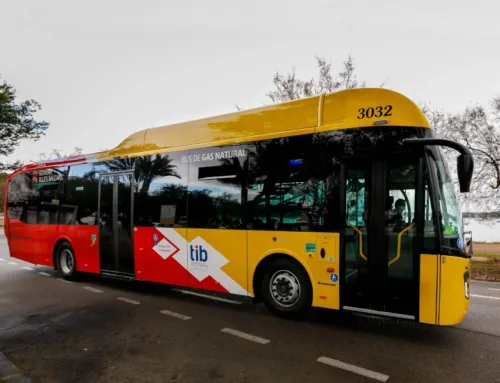
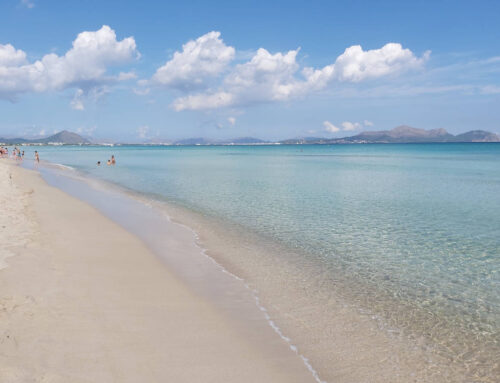
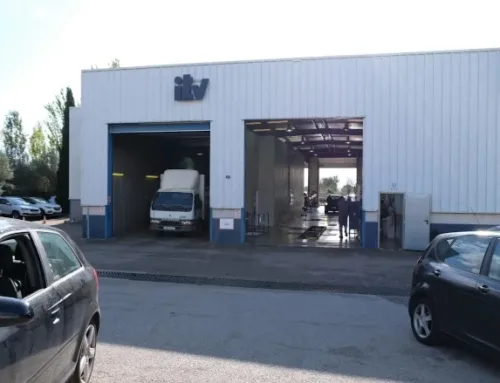

Leave A Comment